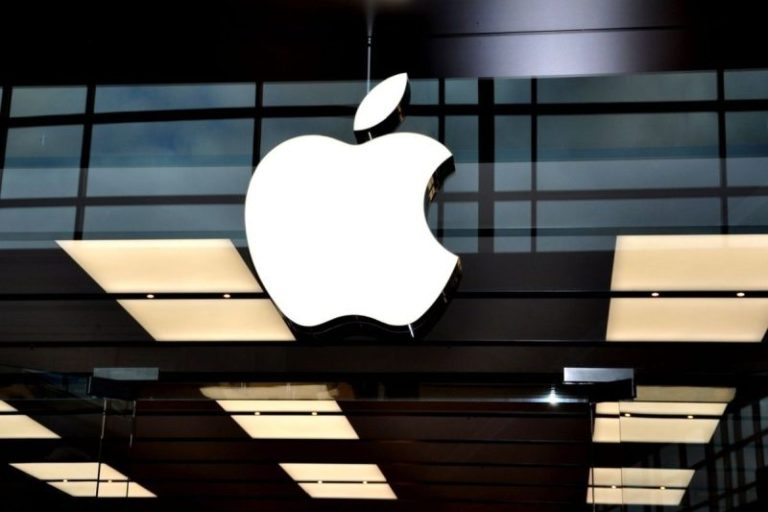In recent news, the partnership between Apple and OpenAI has produced significant discussions regarding privacy concerns, especially with notable figure Elon Musk entering the debate. This collaboration aims to advance artificial intelligence technology, with a focus on enhancing consumer products and services. However, as with any development in AI, questions surrounding data privacy and security have become a central point of contention. Here, we delve into the implications of this partnership and the broader debate on privacy in the age of AI.
1. Enhanced AI Capabilities: The partnership between Apple and OpenAI promises to revolutionize the capabilities of artificial intelligence. By combining Apple’s consumer-focused approach with OpenAI’s cutting-edge research, the collaboration aims to create AI systems that are more intuitive, efficient, and personalized. This could lead to significant advancements in areas such as virtual assistants, autonomous systems, and machine learning algorithms.
2. Data Privacy Concerns: One of the primary concerns raised by critics of the Apple-OpenAI partnership is the potential risk to user data privacy. As AI technology becomes more integrated into everyday life, the collection and analysis of personal data have raised ethical and legal questions. With Apple’s strong emphasis on user privacy and security, the partnership with OpenAI must address how data will be handled, stored, and shared to prevent any misuse or breaches.
3. Elon Musk Enters the Fray: Notable entrepreneur and tech visionary Elon Musk has added a new dimension to the privacy debate surrounding the Apple-OpenAI partnership. Musk, known for his concerns about AI ethics and regulation, has cautioned against unchecked advancements in artificial intelligence. His involvement in the discussion underscores the importance of considering the long-term implications of AI development, particularly regarding privacy and ethical considerations.
4. Balancing Innovation and Privacy: As the Apple-OpenAI partnership progresses, striking a balance between innovation and privacy protection will be crucial. While AI holds immense potential to improve our lives, it also poses significant risks if not properly regulated and safeguarded. Companies must prioritize transparent data practices, robust security measures, and ethical guidelines to ensure that AI technologies benefit society while respecting individual privacy rights.
5. The Future of AI Privacy: The debate sparked by the Apple-OpenAI partnership highlights the complex challenges that arise at the intersection of technology and privacy. Moving forward, industry leaders, policymakers, and stakeholders must collaborate to establish clear frameworks for AI development that prioritize data privacy, transparency, and accountability. By addressing these concerns proactively, we can harness the power of AI to drive progress and innovation while protecting the rights and interests of individuals in an increasingly data-driven world.
In conclusion, the partnership between Apple and OpenAI represents a significant leap forward in AI technology, but it also brings to the forefront critical questions about data privacy and security. As we navigate the complexities of AI integration into our daily lives, it is essential to vigilantly uphold privacy standards, foster public discourse on ethical AI practices, and ensure that innovation is guided by responsible stewardship. Only through a collective commitment to safeguarding privacy rights can we fully realize the transformative potential of artificial intelligence while building a more secure and ethical future for all.


